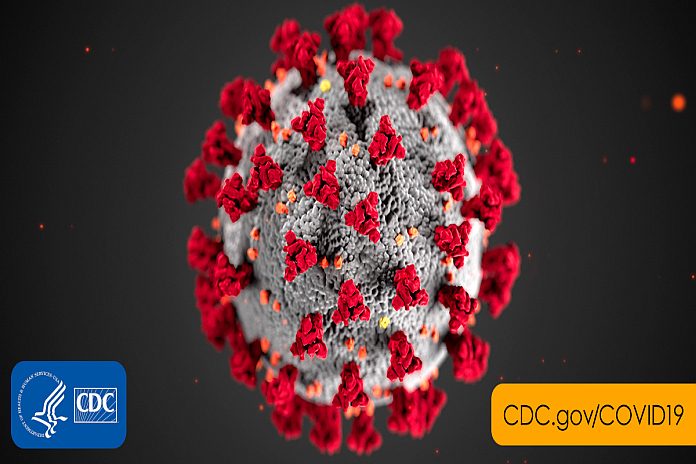Coronavirus Disease 2019 (COVID-19)
This interim guidance is for public health professionals managing the home care and isolation of people with COVID-19 who have pets or other animals (including service or working animals) in the same home. The intent of this guidance is to facilitate preparedness and establish practices that can help people and animals stay safe and healthy. At this time, there is no evidence that companion animals, including pets, can spread COVID-19. States may have their own specific requirements for these circumstances; this guidance provides recommendations for a conservative approach due to the unknown risks to pets and other animals. Guidance is based on the limited available data and general recommendations for zoonotic disease infection prevention and control. This is a rapidly evolving situation. Guidance will be updated as new information becomes available.
Considerations for COVID-19 patients under home care and isolation who have pets or other animals:
People with COVID-19 should be advised to tell their public health point of contact that they have pets or other animals in their home.
In addition to other prevention measures, people with COVID-19 who are identified by public health officials as requiring home care and isolation should be advised to limit interaction with pets and other animals. Specifically, while these people are symptomatic, they should maintain separation from pets as they would with other household members, and avoid direct contact with pets, including petting, snuggling, being kissed or licked, and sharing food. Service animals should be permitted to remain with their handlers.
If possible, a household member should be designated to care for pets in the home. If the individual in home care and isolation must care for pet(s), including service animals, they should ensure they wash their hands before and after caring for pets and wear a facemask while interacting with pets, until they are medically cleared to return to normal activities.
At this point there is no evidence that companion animals, including pets, can spread COVID-19.
When a public health professional is notified of a pet, or other animal, in the home of a person with COVID-19, they should notify the state public health veterinarianpdf iconexternal icon or other designated animal health professional.
State public health veterinarians who have been contacted about pets or other animals potentially exposed to COVID-19 can consult with the CDC One Health Team 24/7 by calling CDC’s Emergency Operations Center at 770-488-7100.
This is a rapidly evolving situation and information will be updated as it becomes available.
Resources
CDC’s up-to-date information on COVID-19:
- Interim US Guidance for Risk Assessment and Public Health Management of Persons with Potential 2019 Novel Coronavirus (COVID-19) Exposure in Travel-associated or Community Settings
- Interim Guidance for Implementing Home Care of People Not Requiring Hospitalization for 2019 Novel Coronavirus (COVID-19)
- Frequently Asked Questions (including COVID-19 and Animals)
CDC’s Healthy Pets, Healthy People Website
World Health Organization (WHO) Websiteexternal icon
World Organisation for Animal Health (OIE) Q & A Websiteexternal icon
Source: Coronavirus Disease 2019 (COVID-19)





